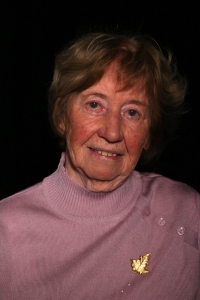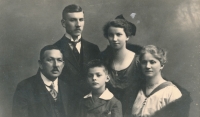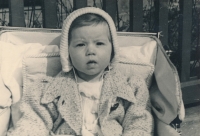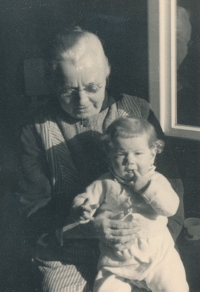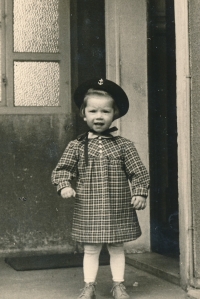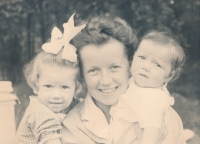Home for me is still Bohemia. But if I moved there now, I would miss Austria
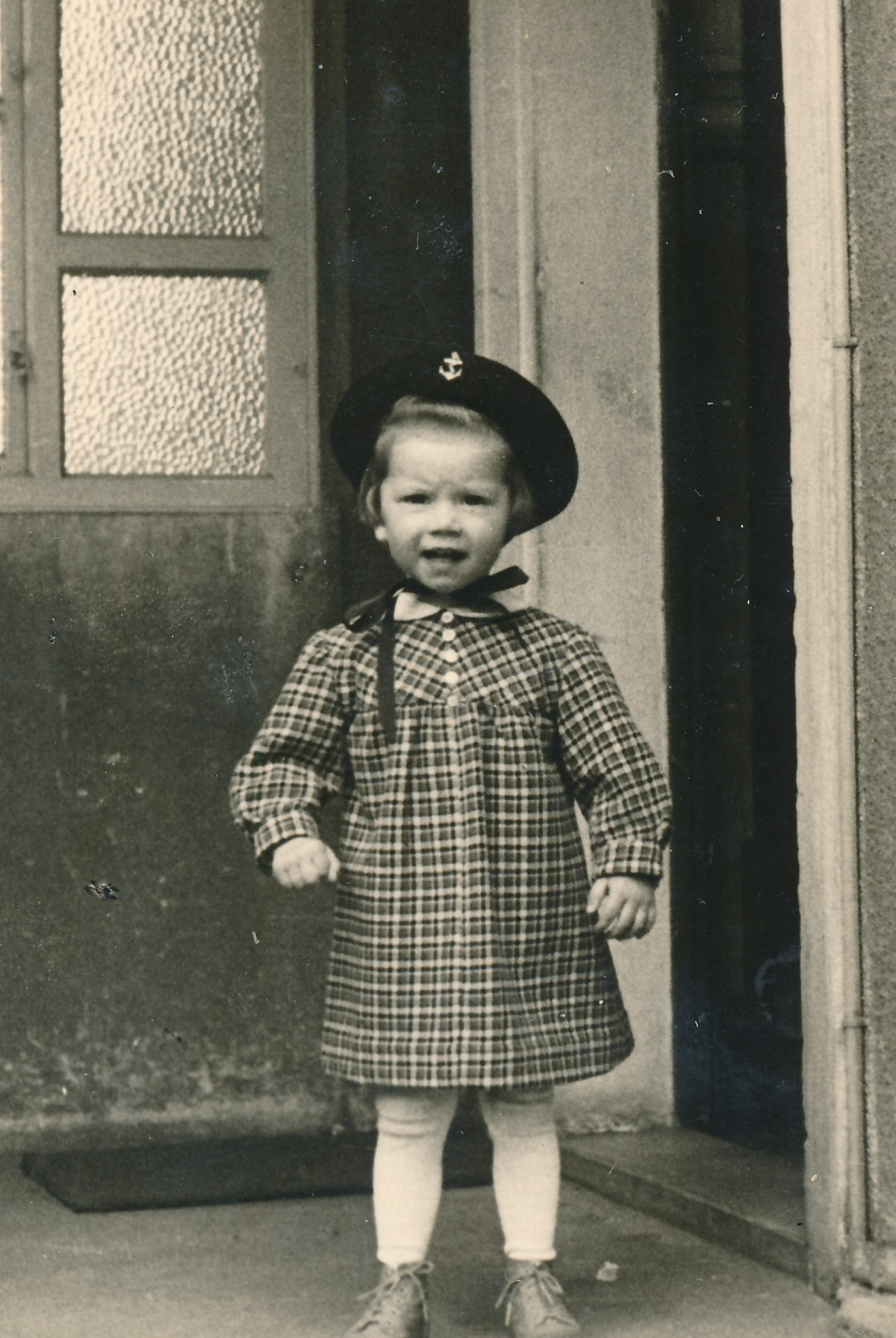
Download image
Johanna Cavagno was born Johanna Breindl on 31 March 1939 in Teplice to a German-speaking family, but her maternal grandmother was Czech. Both parents worked in a zinc sheet factory, her father as plant manager and her mother in the office because she spoke Czech. As a child, she did not perceive the war very much, but after Christmas 1944, even the children began to see the seriousness of the situation. At the end of the war, her father was arrested and spent a year and a half away from the family, and they were reunited in Austria in 1947. She went to Austria with her mother and sister in 1946 because her mother refused to be removed to Germany. During the transport, however, little Johanna felt safe because finally her mother was with them all the time. After difficult beginnings with relatives on her father’s side, the family’s situation began to improve after 1955, and the highly talented sister went to study in America. In Austria, Johanna Cavagno became a social worker, helping children born out of marriage, and was living there with her husband, children and grandchildren at the time of recording in 2023.
